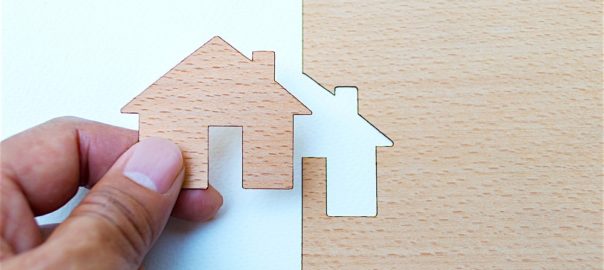The Six Most Common Real Estate Investing Niches
By Paul Esajian on March 17, 2017
There are dozens of ways to make money in real estate. As you are just getting started you may feel like a kid at a carnival. You want to run and try everything at once before eventually settling on one thing you like better than the others. The same is the case in the world of real estate. The best investors find one area of the business that works for them and they enjoy more than the others. A good investing niche separates you from the rest of the competition in your market. Your niche will help not only find deals but will define you and your business. The best part is that your niche can be anything you want. More often than not your niche will eventually find you the more deals you are a part of. Here are the six most common real estate investing niches.
- Single Family Rehabs. Single family rehabs are currently the most popular investing niche. For proof, all you need to do is turn on the TV almost any night and you will find a program dedicated to this niche. The thought process behind single family rehabs is that they are the least risky of all fix and flip investments. Whether this is true can be debated but it is often the entry point of least resistance. As simple as it is to get started in this niche having success can be more difficult than most investors realize. You cannot simply by any property, put some work in and automatically sell for a profit. There are profits to be made but it surely isn’t as easy as you see on TV.
- Multifamily Properties. The natural progression for many investors is multifamily properties. Instead of working on just a single unit you add another two to three units in the mix. Even though the unit increase is minimal there are fairly dramatic changes to the financing, cost of repairs and cash flow potential. As is the case with single family properties the first option is typically to rehab but you also have the ability to rent if the numbers make sense. A multifamily rehab may seem daunting for new investors but the process is almost the same except the additional units.
- Rentals. Believe it or not but not every investor wants to be a rehabber. There is a growing segment of investors who look for buy and hold rentals. Instead of focusing on short term income they look for the long-term security that a good rental property can offer. A good rental property in the right market can provide years of steady cash flow every month. That being said, being a landlord has plenty of ups and downs. You can successfully rent for years and then out of the blue be confronted with a tenant that causes problems. If you can deal with the inevitable tenant hiccup renting can be a great way to accumulate long term wealth.
- Commercial Property. A commercial property is defined as any property between four and twenty units. This includes mixed use properties as well as some small apartment complexes. As big of a leap from one to say three units is going from three to six is even more pronounced. The biggest reason for this is because of the financing hurdles associated. The guidelines and requirements once you get to five units can be challenging even for the most qualified borrower. There is an increase in the down payment and credit score amounts and strong property cash flow is a must. Once you are in the property running it is much like any other property except the additional units. The cash flow projections will be higher but so will the workload.
- Mobile Homes/Condos. There are many investors who focus solely on reduced priced mobile homes and condominiums to get their foot in the door. In some cases, the rate of return is higher on these properties than any one or two-unit home in the same market. The downside is that while the returns can be higher the bottom line is often not nearly as strong. Mobile homes and condos can be tricky because they are often compared to other homes inside the complex. You can do great rehab work but you will still be compared to a unit that sold within the complex a few months ago.
- Tax Liens. There is a relatively risk free way to invest in real estate without doing any rehab work. A growing trend in the real estate world is investing in tax liens. With tax liens you buy the outstanding tax lien on the property, usually at an auction, with the opportunity to own the property. The winning bidder has roughly 90 days for the homeowner to pay their outstanding tax bill and retain the property. If they do you earn a guaranteed interest rate from the government for as long as you own the lien. If not there is a chance that you can own the house provided there are no other liens on the property. Tax lien rules and guidelines vary based on the specific town and state. If you have any interest, you need to know everything about them before moving forward.
These are just six of the many investing areas you can make your niche. Learn as much as you can about every option that is out there before settling on one to call your own.